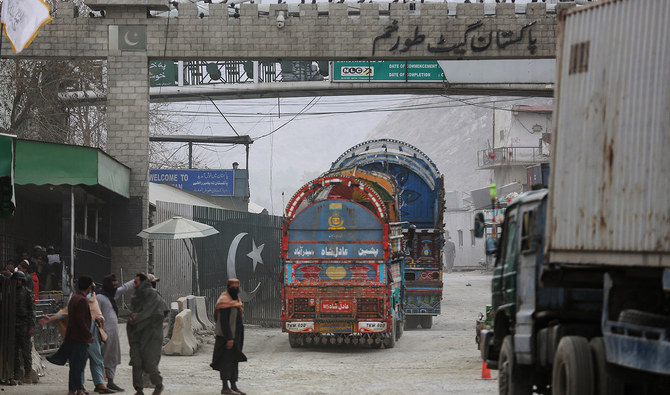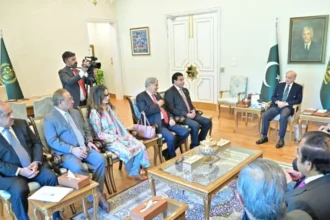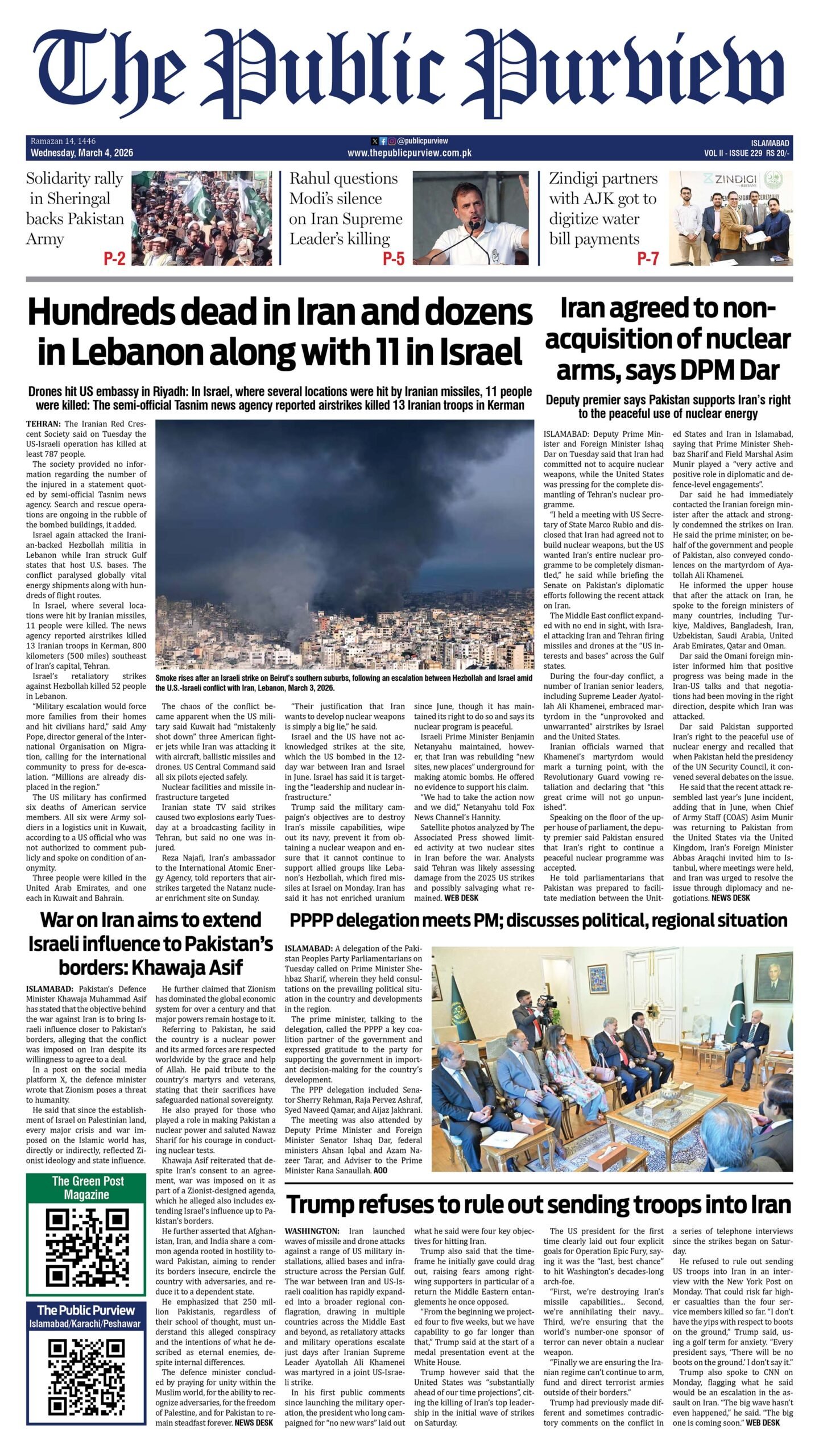Pakistan has rolled out a revised business-to-business (B2B) barter trade framework with Iran, Russia, and Afghanistan, aiming to simplify cross-border transactions and strengthen regional economic ties. The updated mechanism was approved by the Economic Coordination Committee (ECC) of the federal cabinet and formally notified by the Ministry of Commerce.
The new framework introduces several key changes to make barter trade more practical and business-friendly. One major shift is the relaxation of the previous requirement that exports must precede imports. Under the revised rules, import and export activities can now occur simultaneously, offering greater flexibility to traders.
Private businesses have also been granted permission to form consortia to facilitate barter arrangements, while the time limit for completing transactions has been extended from 90 to 120 days. Additionally, the earlier list of approved tradable items has been removed, aligning the mechanism with Pakistan’s broader export and import policy orders.
Pakistan’s ambassador to Iran expressed optimism about the changes, noting that extensive consultations had helped address longstanding concerns from the business communities of both countries. He encouraged industry stakeholders and trade bodies to take full advantage of the revised framework to expand bilateral trade and diversify commercial opportunities.
The original B2B barter system, introduced in mid-2023, faced several operational hurdles. Traders had flagged issues such as a limited list of permitted goods, mandatory contract verification by overseas missions, and rigid settlement timelines. These restrictions had slowed trade flows and created uncertainty for businesses.
To resolve these challenges, the Ministry of Commerce engaged with a range of stakeholders, including the State Bank of Pakistan, the Ministry of Foreign Affairs, the Federal Board of Revenue, and Pakistan Single Window. Their input helped shape the amendments now in place.
With the updated mechanism, Pakistan aims to unlock new trade potential across its western and northern borders, offering a more streamlined and responsive system for barter-based commerce.
For more news on the economy, visit: https://thepublicpurview.com/category/business-news/
For climate-related stories, visit: The Green Post







 Today's E-Paper
Today's E-Paper